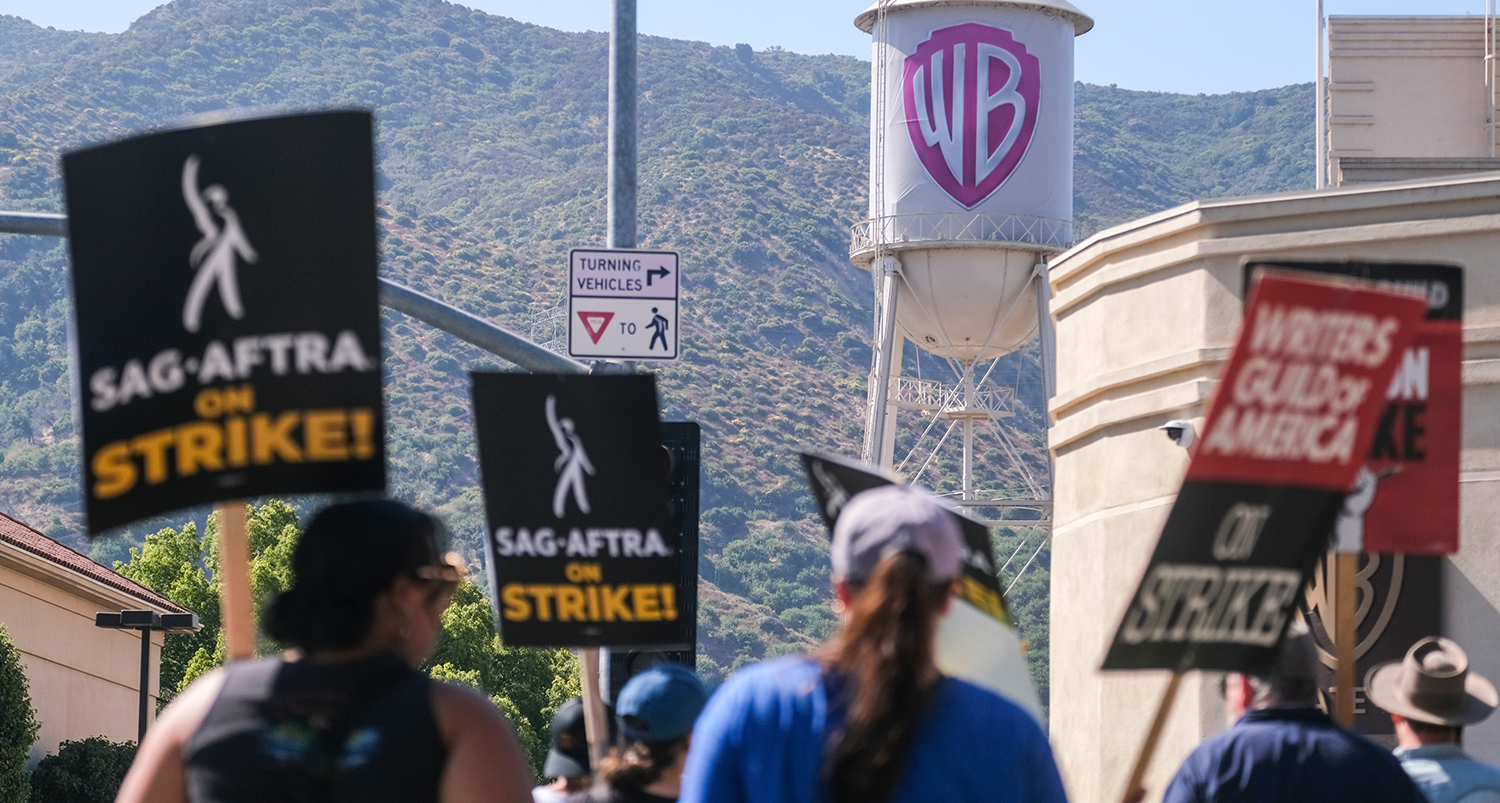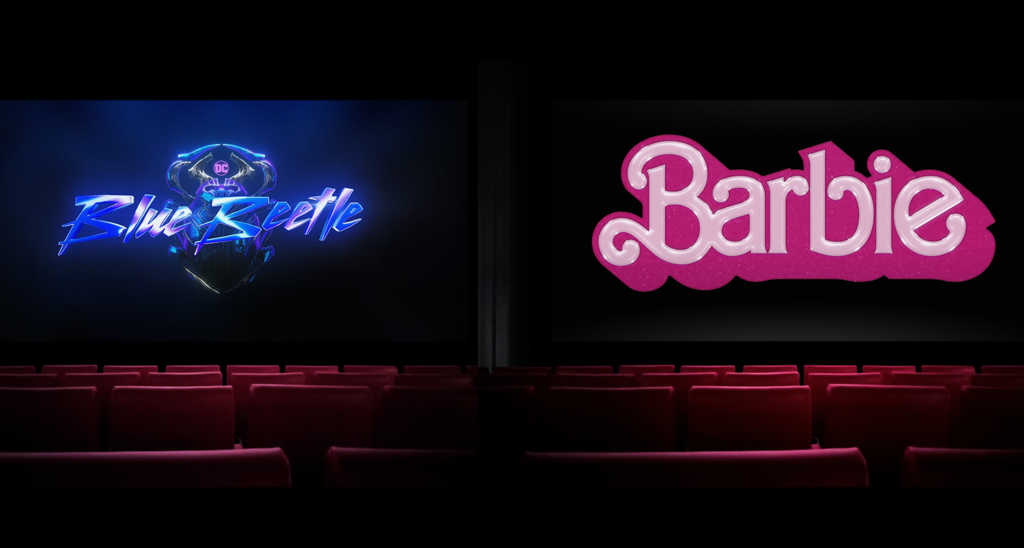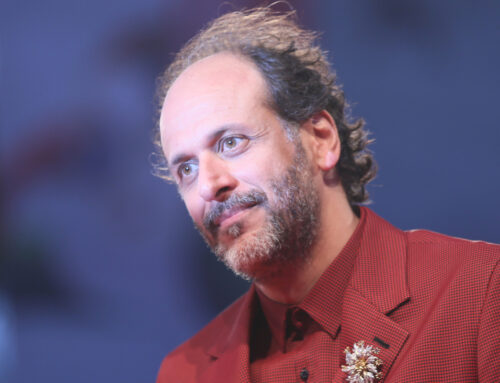Strike: Hollywood Writers Responded to AMPTP Counterproposal
Hopes for a quick end to the strike were quickly dispelled.
The Writers Guild of America (WGA) has responded to a counterproposal from the Alliance of Motion Picture and Television Producers, and hopes for a quick end to the strike were quickly dispelled. According to sources familiar with the talks, the WGA bent slightly on a few items but did not offer the significant concessions the studio side sought.
The guild has continued to hold to its proposal for a minimum staff size for TV writers, though it offered to lower the minimum by one writer. But the WGA was unimpressed with the AMPTP’s offer to give showrunners the authority to hire up to a certain minimum, which would increase based on the production budget.
The two sides returned to the bargaining table last Friday for the first time since the strike began on May 2nd.
The WGA was not expected to leap at the AMPTP’s latest offer, as it was generally understood that hard bargaining remained to be done before a deal could be reached. But the studio side had hoped that both sides would be closer to an agreement than they are.
The strike of Hollywood writers began on May 2nd after talks between the WGA and the major studios reached an impasse over compensation, minimum staffing of writers’ rooms, and residual payments in the streaming era. On July 14th, actors from the SAG-AFTRA union joined the strike, protesting over pay and artificial intelligence. This strike has led to a stop in the production of scripted television shows and films. It is the first time both unions have gone on strike since 1960. At the time, the two Unions obtained health insurance, retirement pension, and residual rights over home video and TV releases.
Sources: Variety
Share:
Hopes for a quick end to the strike were quickly dispelled.
The Writers Guild of America (WGA) has responded to a counterproposal from the Alliance of Motion Picture and Television Producers, and hopes for a quick end to the strike were quickly dispelled. According to sources familiar with the talks, the WGA bent slightly on a few items but did not offer the significant concessions the studio side sought.
The guild has continued to hold to its proposal for a minimum staff size for TV writers, though it offered to lower the minimum by one writer. But the WGA was unimpressed with the AMPTP’s offer to give showrunners the authority to hire up to a certain minimum, which would increase based on the production budget.
The two sides returned to the bargaining table last Friday for the first time since the strike began on May 2nd.
The WGA was not expected to leap at the AMPTP’s latest offer, as it was generally understood that hard bargaining remained to be done before a deal could be reached. But the studio side had hoped that both sides would be closer to an agreement than they are.
The strike of Hollywood writers began on May 2nd after talks between the WGA and the major studios reached an impasse over compensation, minimum staffing of writers’ rooms, and residual payments in the streaming era. On July 14th, actors from the SAG-AFTRA union joined the strike, protesting over pay and artificial intelligence. This strike has led to a stop in the production of scripted television shows and films. It is the first time both unions have gone on strike since 1960. At the time, the two Unions obtained health insurance, retirement pension, and residual rights over home video and TV releases.
Sources: Variety









